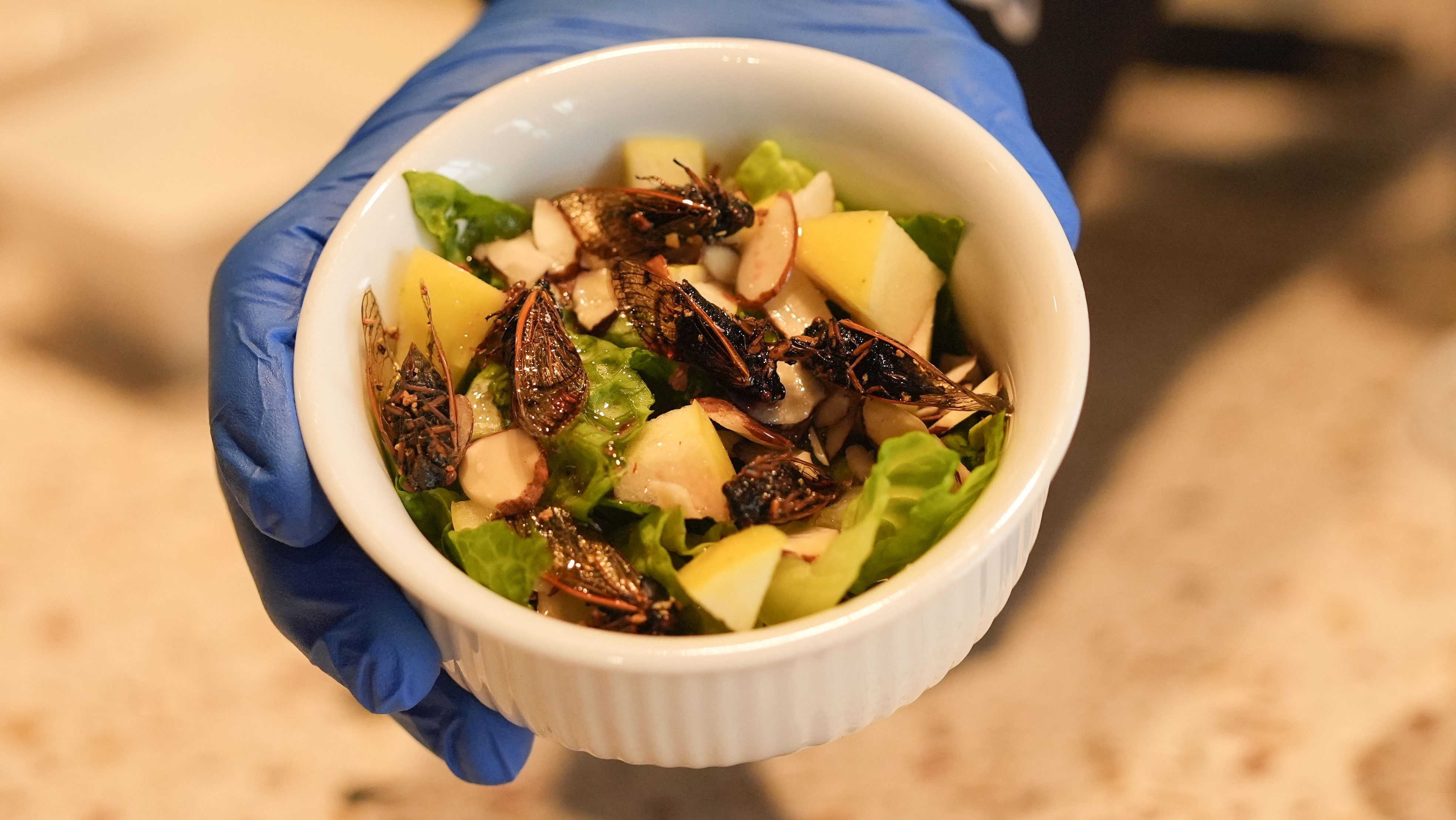Opioid-related deaths are continuing to decline in Massachusetts, falling about 4% from 2016 to 2018.
Despite the decline, state health officials say there were still 497 confirmed and estimated opioid-related overdose deaths in the first three months of 2019 — a rate of more than five deaths a day.
The Department of Public Health says the gradual decline in overall deaths comes despite the presence of the synthetic opioid fentanyl. In 2018, fentanyl was present in the toxicology of 89% of those who died of an opioid-related overdose and had a screen.
Health officials also said Wednesday that the presence of some stimulants like cocaine and amphetamines has been increasing in opioid-related overdose deaths since 2017, while the presence of heroin in opioid-related overdose deaths has been declining since 2014.
The modest progress has been uneven across the state, with communities like Brockton and Weymouth reporting a noticeable decline in opioid-related deaths in 2018 compared to 2017. Others — like Springfield, Framingham and Lawrence — experienced noticeable increases.
In 2018, the total number of confirmed and estimated opioid-related overdose deaths was 2,033. That's 17 fewer deaths than the 2,050 confirmed and estimated in 2017. In 2016 there were 2,100 confirmed opioid-related overdose deaths.
While men make up nearly three-quarters of opioid-related overdose deaths, the number of deaths among women of all races and ethnicities increased in 2018 compared to 2017.
U.S. & World
The report also found that the percentage of opioid-related overdose deaths where prescription drugs were present fell from 2014 through 2016 and has remained stable since then. In the final three months of 2018, about 13% of opioid-related overdose deaths had prescription opioids present in toxicology.
State leaders have tried to keep a close eye on the number of opioid prescriptions written. Some who become addicted to opioids begin by taking prescription painkillers.
According to the report, about 239,000 individuals in Massachusetts received prescriptions for Schedule II opioids in the first quarter of 2019. That's nearly a 39% decrease from the first quarter of 2015, when there were 390,532 individuals receiving these prescriptions.
Gov. Charlie Baker said his administration has proposed $266 million in the state budget for prevention, intervention, treatment and recovery services in addition to $5 million for a new "Regional Fentanyl Interdiction Task Force."



